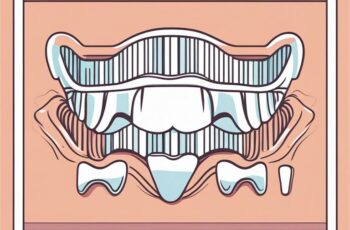
Warning: Undefined array key "image" in /home/u505884188/domains/getteethwhitener.com/public_html/wp-content/plugins/custom-text-ads/custom-text-ads.php on line 120
Warning: Undefined array key "image" in /home/u505884188/domains/getteethwhitener.com/public_html/wp-content/plugins/custom-text-ads/custom-text-ads.php on line 120
Warning: Undefined array key "image" in /home/u505884188/domains/getteethwhitener.com/public_html/wp-content/plugins/custom-text-ads/custom-text-ads.php on line 120
Warning: Undefined array key "image" in /home/u505884188/domains/getteethwhitener.com/public_html/wp-content/plugins/custom-text-ads/custom-text-ads.php on line 120
Warning: Undefined array key "image" in /home/u505884188/domains/getteethwhitener.com/public_html/wp-content/plugins/custom-text-ads/custom-text-ads.php on line 120
Warning: Undefined array key "image" in /home/u505884188/domains/getteethwhitener.com/public_html/wp-content/plugins/custom-text-ads/custom-text-ads.php on line 120
Warning: Undefined array key "image" in /home/u505884188/domains/getteethwhitener.com/public_html/wp-content/plugins/custom-text-ads/custom-text-ads.php on line 120
With the rise in popularity of at-home teeth whitening solutions, LED teeth whitening …